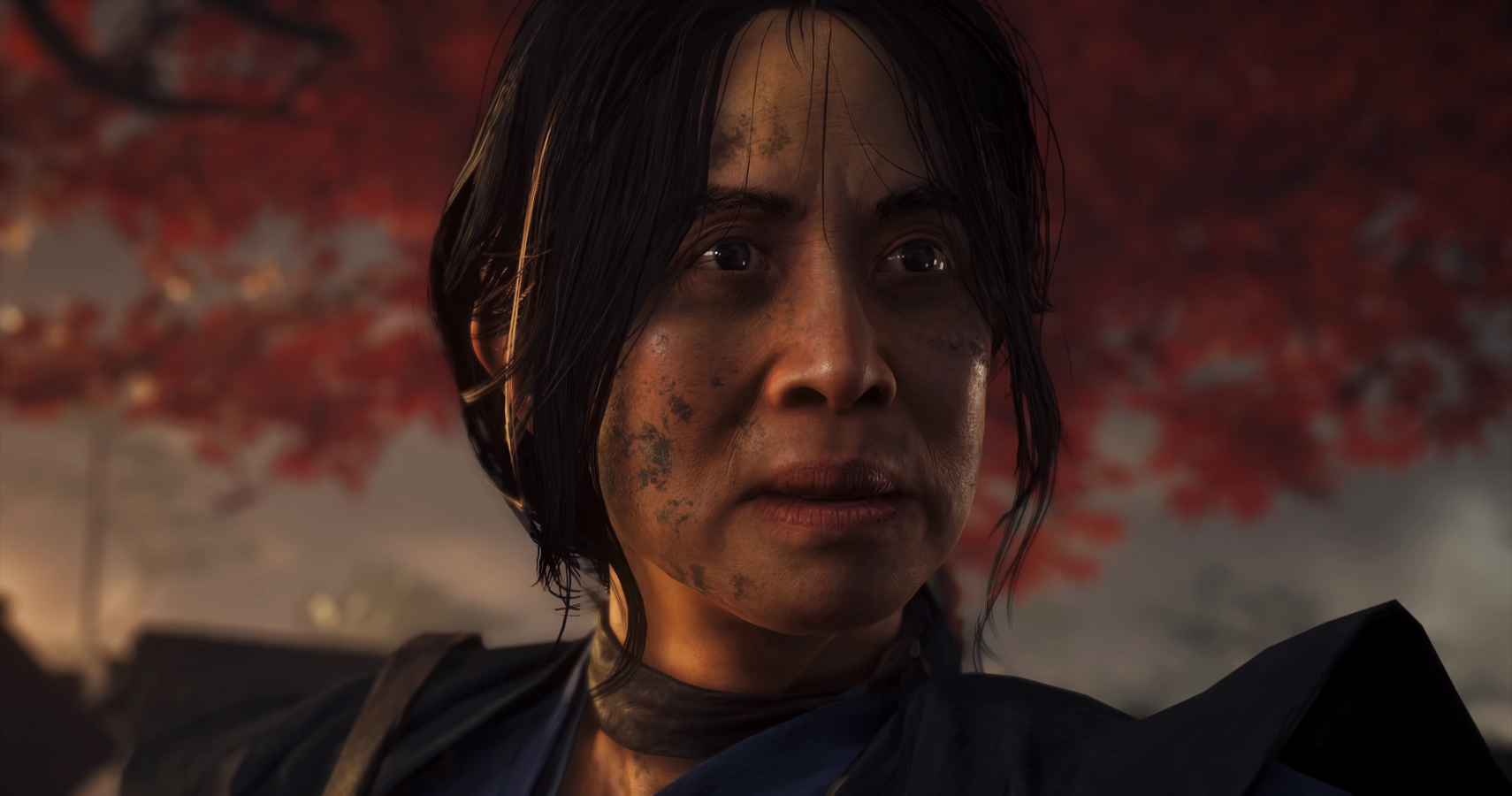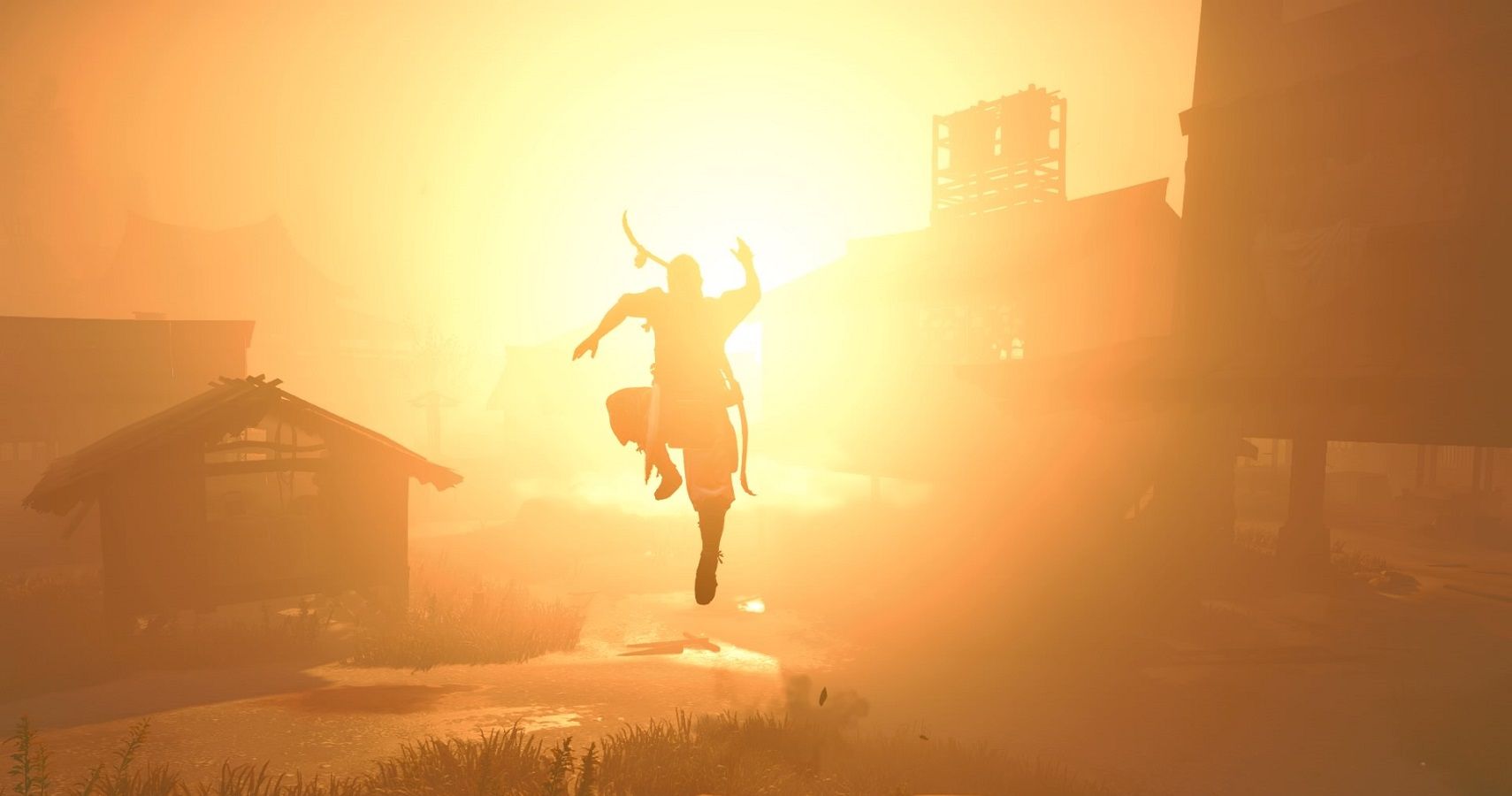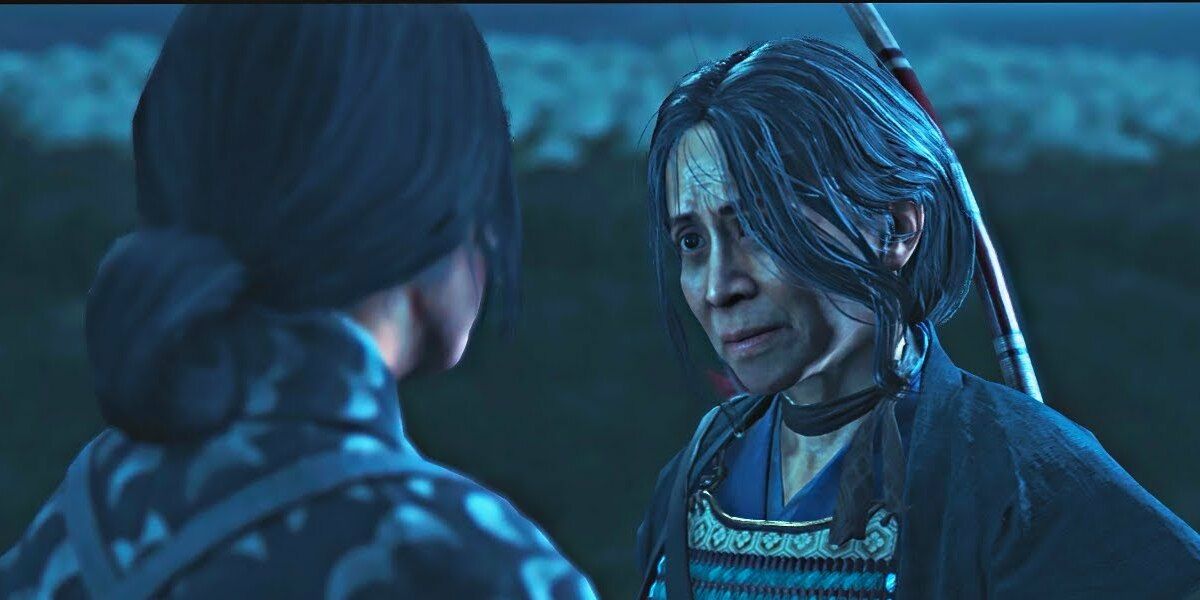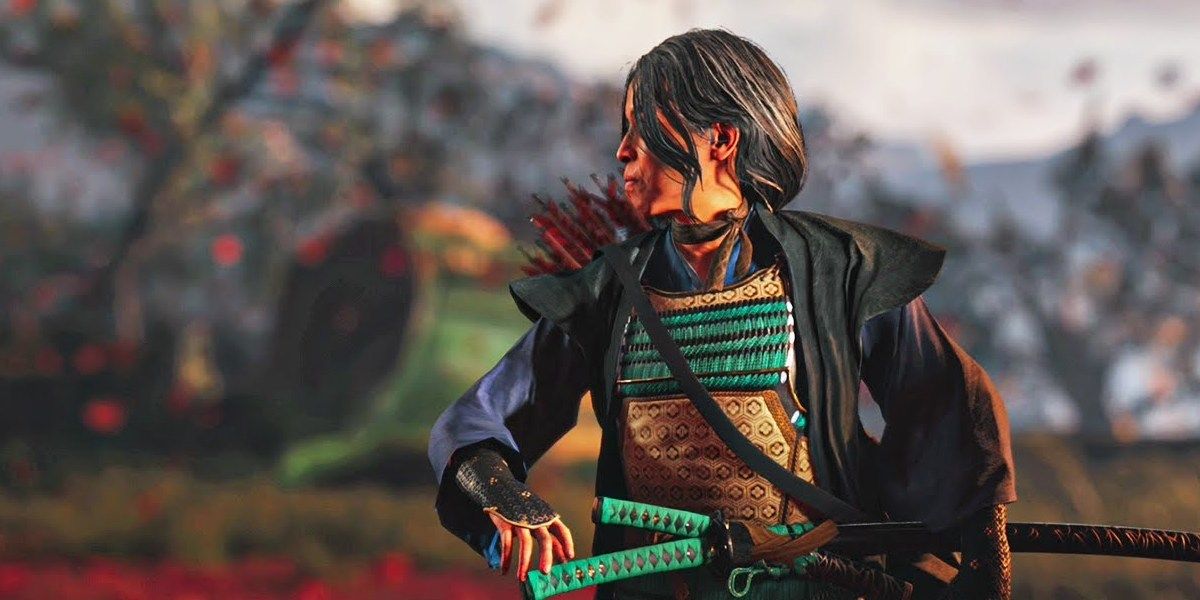Ghost of Tsushima is set to become the latest Sony exclusive to be adapted for live-action, following in the footsteps of Uncharted and The Last of Us. Ratchet and Clank also had a movie adaptation recently, but that was more of a low budget tie-in than a fully fledged leap into the world of cinema. Video game movies have historically been bad, but it does feel like that’s changing recently; Sonic the Hedgehog and Detective Pikachu were both competent family fun, and the upcoming Mortal Kombat movie looks wicked - although it will definitely not be family fun. The Last of Us isn’t the only television adaptation either; The Witcher is one of Netflix’s big draws, while Fallout and Tomb Raider are also getting shows sometime soon. Some pretty big names - including Tom Holland, Pedro Pascal, and Ryan Reynolds - are involved in contemporary video game movies, so there’s a huge push from the industry to move them out of their cult pigeonhole into megabucks box office draws.
I don’t particularly like Ghost of Tsushima’s story - what little there is to be had - but ironically, that probably makes it the perfect video game to adapt. Games take dozens, sometimes hundreds, of hours to play. The stories are deep and they react to your decisions as a player, as well as your actions in the wider world. Some video game stories are terrible, sure, but even then they’re often quite long and complicated - they don’t lend themselves that easily to a two-hour movie. It’s why the more complex ones - The Last of Us and The Witcher, for example - are better suited to television. Condensing Ghost of Tsushima down should be fairly straightforward - I just hope they don’t trim the wrong parts, like Masako Adachi.
I spent 64 hours playing Ghost of Tsushima, but very little of that was exploring the story. Most of it was attributable to the extra activities, skirmishes, and collectibles needed to get the Platinum. More than half that time can be cut instantly, since the movie isn’t going to show Jin climbing up rocks and swinging from broken beams in order to reach a set of bamboo sticks for him to chop down. I doubt he’ll be chasing foxes or golden birds across the map either, unless it’s a ten-second Easter egg like bathtub Geralt. What remains of Jin’s story once those elements are removed is very barebones.
I know I’m in the minority in considering Ghost of Tsushima to be nothing special, but I struggle to believe that even its biggest fans herald it as the greatest story ever committed to pixels. It’s a by the numbers lone ranger story dressed up in samurai cosplay while propping up vague ideas about honour, duty, and family. It sometimes feels like the devs went to a tattoo parlour, pointed to some random kanji, and decided to build the story around that.
Not everything needs to be What Remains Of Edith Finch. A lot of people enjoyed Ghost of Tsushima, and that’s enough. The movie - set to be helmed by John Wick director Chad Stahelski - doesn’t need to mesh together a load of complicated ideas or plot threads, because Tsushima is a very focused, linear game told around a simple idea - Jin abandons the way of the samurai because there are better methods to defend his island from the Mongol invasion, and his adoptive father does not like that.
The problem with that summary though is that it skips over the side characters - who are much more interesting than Jin by far. There’s a few supporting stars who are clearly part of the main story (Ryuzo, Shimura, Khotun Khan, Yuna), but there are some less important ones - to the main narrative at least - who will likely see their roles drastically reduced. Kenji the merchant, for example, will probably be reduced to a cameo or cut completely, and I’m not sure the movie will have room for Ishikawa or Norio either. The former has a story too similar in its themes to Jin’s own and is the one part of Ghost of Tsushima that could do with being expanded upon in depth, while the latter is generally quite dull and his tangential story takes too long to build up steam. The ending of Norio’s quest line is great, but it doesn’t feel like the movie can - or should - dedicate enough time to it.
So, we’re left with Masako. Like Ishikawa, her story could be folded outwards, but it adds far more depth to Tsushima as a place and such different ideas to Jin’s own narrative that the movie needs to make room for it.
Masako’s story touches on themes of family resentment in much more realistic terms than Jin and Shimura’s disagreement over how to kill their invaders, and feels less dated and less obsessed with using Japanese imagery and buzzwords as set decoration. It also explores Masako’s bisexuality - something rarely explored in popular fiction in general - much less in a historical setting with an older woman at the centre of it. Thanks to Lauren Tom’s brilliant performance, she also feels like she matters more than some of the side characters, but that’s mainly because she’s easier to care about and relate to. She doesn’t feel like a modern day woman transplanted into the past - she connects perfectly with her world - but she also doesn’t feel like an archaic character shuffling around and muttering about honour.
Masako always felt like the heartbeat of Ghost of Tsushima to me, even though she’s not particularly linked to the main narrative. It would be easy to cut her from the film, but it would be the wrong move - her story deserves to be told.




